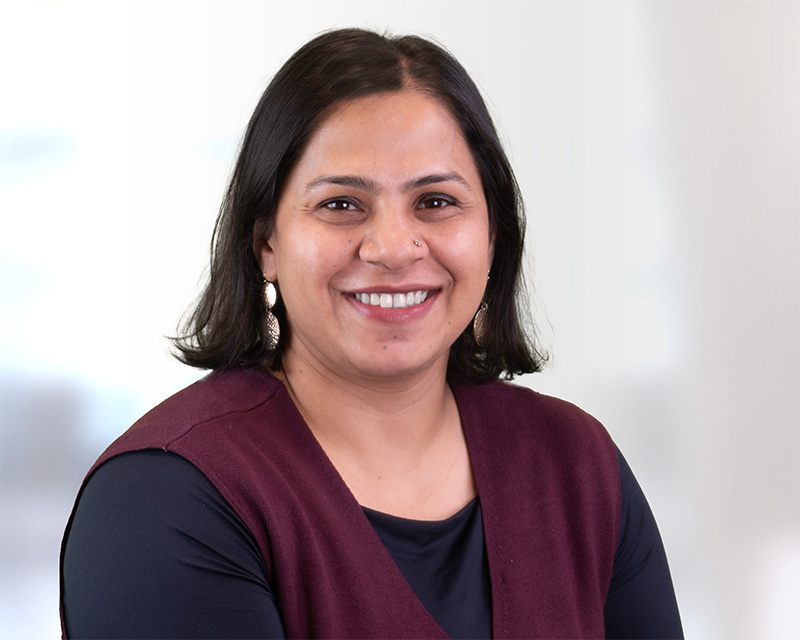Climate change will alter future weather and change crop and animal productivity. But economic models differ on the magnitude of these changes, according to the world’s lead economic modelers. Estimates on both the direction and magnitude are crucial to address world food security issues at global, regional, and national levels. Outputs from climate, crop and economic models are central to understanding the range of possible outcomes.
A new study, published in a special feature of the December 17 issue of the Proceedings of the National Academy of Sciences, brings together nine of the world’s most important economic modeling teams with a focus on agriculture to compare their results about the future of agriculture. The paper is the product of a multi-year collaboration between leading global research teams under the Agricultural Model Intercomparison and Improvement Project (AgMIP) and the Inter-Sectoral Impact Model Intercomparison Project (ISI-MIP).
“This is the first time that so many of the world’s leading global modelers have worked together to understand where their results are similar, where they differ, and importantly, why they differ,” said Gerald Nelson, the study’s lead author, who represented the International Food Policy Research Institute (IFPRI) and the CGIAR Research Program on Climate Change, Agriculture and Food Security (CCAFS) in the project. “The future is uncertain, but understanding what the world’s leading modelers think about how agricultural producers, food consumers, and international trade flows will respond provides valuable guidance to both the public and private sectors as they think about policy changes and investment priorities.”
An IFPRI economic modeling team contributed results to the comparison project. These results built on previous model integration and improvement efforts undertaken in the Global Futures for Agriculture project, funded by the Bill and Melinda Gates Foundation and CCAFS.
The study responds to a long-standing need for a systematic comparison of model results for agricultural futures scenarios, because past results have varied widely, due to differences in model structures and parameters, choice of scenarios, and data. To respond to this demand the modeling groups harmonized key model scenario inputs in three key categories:
- Socioeconomics: Harmonization of the gross domestic product (GDP) and population growth using the Intergovernmental Panel on Climate Change (IPCC)’s Shared Socioeconomic Pathways
- Climate Impacts: Use of the results from two general circulation models (GCMs) as well as a common greenhouse gas emissions pathway, which represents the high end of estimated CO2 equivalent concentration in the atmosphere from the IPCC’s Fifth Assessment Report (AR5)
- Modeling of Biophysical Productivity: Use of crop biophysical productivity results from two crop models in response to the results of the GCMs, as well as a set of exogenous productivity pathways from IFPRI’s IMPACT model that represent common assumptions on the impacts of agricultural technology on productivity.
Findings from the analysis include the following (all figures compare 2050 forecasts with and without climate change):
- The average direct climate change effect on crop yields is a 17 percent decline, but with significant differences by crop, region, and crop and climate models.
- The final average yield effect is an 11 percent decline as farmers respond by altering input use and management practices on existing agricultural area, expanding production into new areas (an increase in area globally of about 8 percent) and reduced consumption (a decline of about 3 percent).
- The average effect on crop prices is a 20 percent increase, but for some crops in some regions prices don’t change at all, while in others the increase is over 60 percent.
- Differences in model results arise from different assumptions made by the modeling groups in three areas: How easy is it to convert nonagricultural land to cropping? How much can farmers respond to higher prices with higher yields? And how much can international trade flows respond to the different regional climate effects?
Sherman Robinson, leader of the IMPACT model team at IFPRI, points out, “The models show qualitatively similar climate change impacts, and suggest the critical role of international trade in moderating their effects on regional food prices. Exploring the role of trade should be one of the key focuses of future research.”
#
The International Food Policy Research Institute (IFPRI) seeks sustainable solutions for ending hunger and poverty. IFPRI was established in 1975 to identify and analyze alternative national and international strategies and policies for meeting the food needs of the developing world, with particular emphasis on low-income countries and on the poorer groups in those countries. It is a member of the CGIAR Consortium. www.ifpri.org.
The CGIAR Research Program on Climate Change, Agriculture and Food Security (CCAFS) is a strategic partnership of CGIAR and Future Earth, led by the International Center for Tropical Agriculture (CIAT). CCAFS brings together the world’s best researchers in agricultural science, development research, climate science and Earth System science, to identify and address the most important interactions, synergies and tradeoffs between climate change, agriculture and food security. www.ccafs.cgiar.org.



